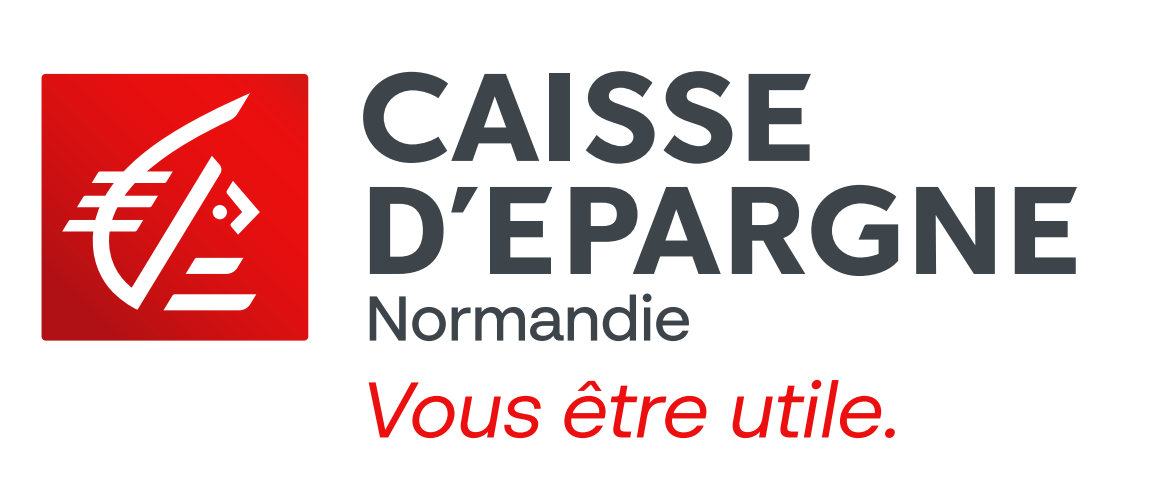

Caisse d'Epargne Normandie

Normandy, France
March 2020
Deposit bank - Developed Markets
Service with Minor Environmental Footprint
France
Caisse d'Epargne Normandie has more than 210 branches, 4 business centers, 1,799 employees, 1.1 million customers, including 205,000 members. The only bank exclusively covering the whole of Normandy, it supports all clienteles: individuals, professionals, companies, startups, social economy players, Real Estate, Social Housing, protected persons, institutions and local communities. A major player in the economic development of its territory, the Caisse d'Epargne Normandie manages total assets of 35 billion euros. With its cooperative status, it is a full-service Norman bank: the funds it collects locally are reinvested in the region to finance the major projects and companies that make up Normandy. A philanthropic enterprise, Caisse d'Epargne Normandie is a bank engaged in financial education and solidarity-based sponsorship, in particular through the Caisse d'Epargne Normandie Fund for the solidarity initiative. She is also involved in personal microcredit (more than one in three microcredit in Normandy). With more than 7 million euros in donations in 10 years, it is the leading Norman patron of the social and solidarity economy and the voluntary sector.
Overall B Impact Score
Governance 12.0
Governance evaluates a company's overall mission, engagement around its social/environmental impact, ethics, and transparency. This section also evaluates the ability of a company to protect their mission and formally consider stakeholders in decision making through their corporate structure (e.g. benefit corporation) or corporate governing documents.
Workers 31.5
Workers evaluates a company’s contributions to its employees’ financial security, health & safety, wellness, career development, and engagement & satisfaction. In addition, this section recognizes business models designed to benefit workers, such as companies that are at least 40% owned by non-executive employees and those that have workforce development programs to support individuals with barriers to employment.
Community 18.3
Community evaluates a company’s engagement with and impact on the communities in which it operates, hires from, and sources from. Topics include diversity, equity & inclusion, economic impact, civic engagement, charitable giving, and supply chain management. In addition, this section recognizes business models that are designed to address specific community-oriented problems, such as poverty alleviation through fair trade sourcing or distribution via microenterprises, producer cooperative models, locally focused economic development, and formal charitable giving commitments.
Environment 5.8
Environment evaluates a company’s overall environmental management practices as well as its impact on the air, climate, water, land, and biodiversity. This includes the direct impact of a company’s operations and, when applicable its supply chain and distribution channels. This section also recognizes companies with environmentally innovative production processes and those that sell products or services that have a positive environmental impact. Some examples might include products and services that create renewable energy, reduce consumption or waste, conserve land or wildlife, provide less toxic alternatives to the market, or educate people about environmental problems.
Customers 15.4
Customers evaluates a company’s stewardship of its customers through the quality of its products and services, ethical marketing, data privacy and security, and feedback channels. In addition, this section recognizes products or services that are designed to address a particular social problem for or through its customers, such as health or educational products, arts & media products, serving underserved customers/clients, and services that improve the social impact of other businesses or organizations.